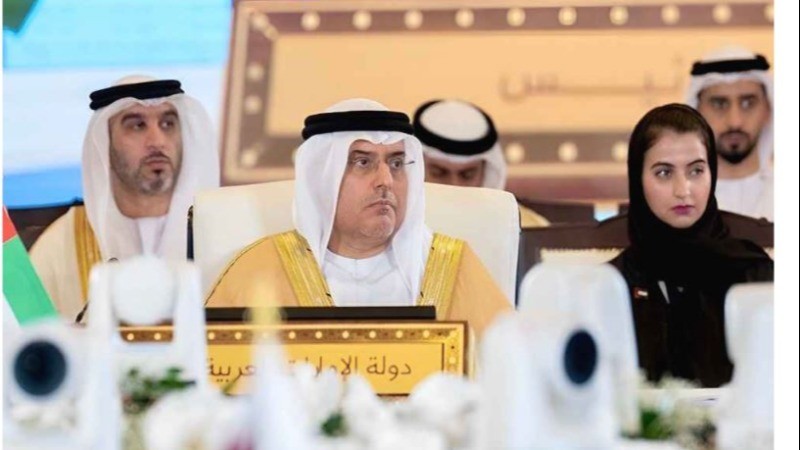
DUBAI: Dr. Abdulrahman Al Awar, UAE's Minister of Human Resources and Emiratisation and Acting Minister of Higher Education and Scientific Research, took part in the 10th BRICS Labour and Employment Ministerial Meeting in Sochi, Russia. The two-day event focused on key topics and global labour market developments, with attendees including representatives from the International Labour Organisation (ILO), International Social Security Association (ISSA), and BRICS member states.
During the meeting, Dr. Al Awar praised efforts to foster dialogue and cooperation among BRICS nations to support sustainable labour practices. He reiterated the UAE's dedication to creating a competitive, knowledge-based labour market aligned with the country's vision for a diversified economy.
He pointed out that the UAE government has allocated 16% of the 2024 federal budget to education, with a focus on advancing the National Strategy for Higher Education 2030. This aims to equip future generations with essential technical and practical skills, enhance accreditation standards, and align educational curricula with international benchmarks.
Al Awar stressed the growing importance of career guidance and lifelong vocational education in today’s rapidly evolving labour markets. He highlighted the policies of the Emirati Talent Competitiveness Council, which supports UAE citizens in their career advancement, and mentioned the Nafis programme, which has led to a 217% rise in Emiratis working in the private sector since its launch in 2021.
He also outlined the UAE's initiatives to align educational outcomes with labour market needs through vocational training programmes. These efforts, in partnership with private sector companies, have resulted in a 206% increase in student training opportunities and the creation of e-learning platforms.
Al Awar discussed the emergence of remote work as a significant employment model in the UAE, emphasizing that remote workers receive the same legal protections as those in traditional work arrangements. He further highlighted the UAE’s proactive approach to embracing technological advancements, positioning the country as a leader in the digital revolution. The goal is to double the digital economy’s contribution to the GDP from 9.7% in 2022 to 19.4% in the next decade.
The minister noted that the UAE’s labour market, which includes workers from approximately 200 nationalities, ranks highly in global competitiveness indicators. He revealed that the UAE leads globally in employment, labour dispute resolution, and working hours, as per the IMD World Competitiveness Yearbook 2024, and has seen a 14% increase in women’s workforce participation.
Al Awar also highlighted several policies designed to ensure worker safety, such as the occupational health and safety standards and the long-standing ban on outdoor work during midday hours in the summer to protect against heat-related illnesses. He emphasized the UAE’s comprehensive social security strategy, which offers protection against unemployment for 98% of workers across all sectors, alongside the Wage Protection System and an expanded health insurance programme starting in 2025.
The UAE delegation also included Shayma Alawadhi, Assistant Undersecretary for Communication and International Relations, and other senior officials.
Indian Army Contingent Heads to Oman for Exercise Al Najah
India, US Launch 'Yudh Abhyas' 2024 Joint Military Exercise in Rajasthan